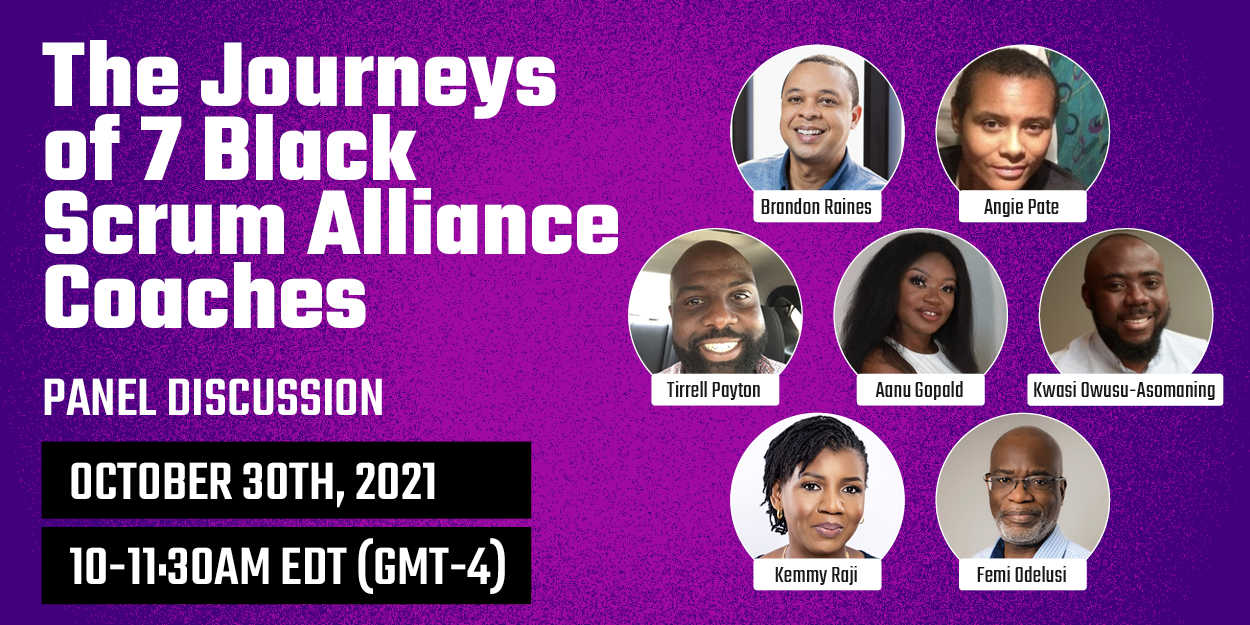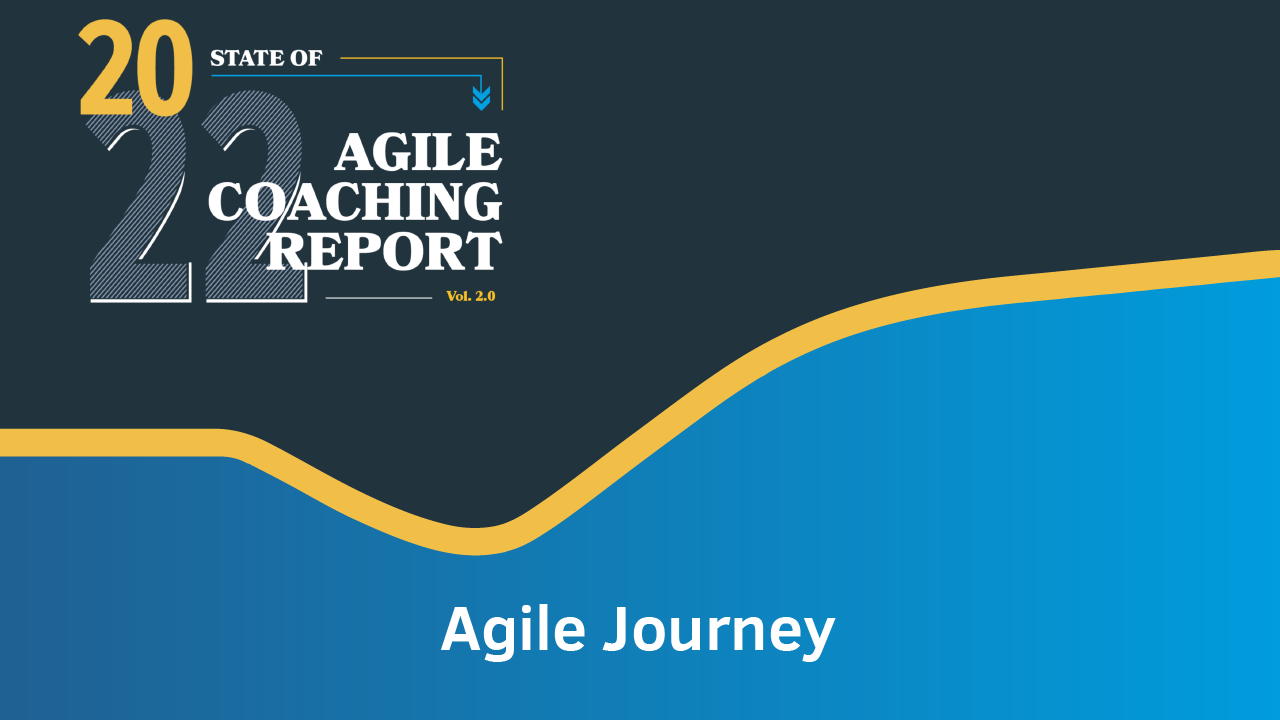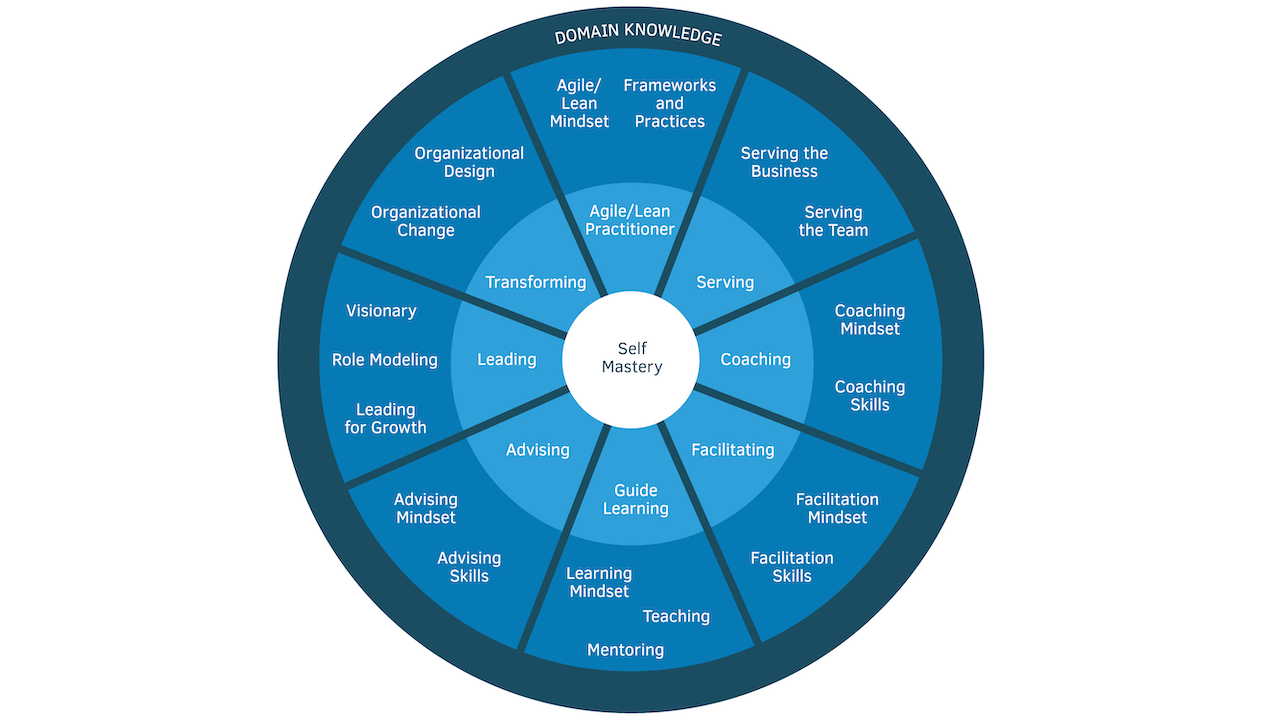

Scrum Alliance Certified Team Coach® (CTC)

Why become a Certified Team Coach?
Distinguish yourself as an expert in your craft and guide teams to reach their full potential as a Scrum Alliance Certified Team Coach. You'll have a globally recognized certification affirming your expertise in the field.

Why get certified through Scrum Alliance?
CTC certification requirements
The certification requirements set by Scrum Alliance are in place to confirm that every CTC meets the competencies and professional levels we expect of them.

Demonstrate more than 1,000 hours of coaching agile teams or roles, including multiple interacting teams and hands-on experience as part of a scrum team.

Have an active Certified Scrum Professional® certification and the ability to apply agile and Lean values, principles, and practices effectively.

Demonstrate a history of participation and involvement in at least five agile-related events and joining the Candidate-CTC Google group.
Team coach certification process
The first step is a pre-application call with a member of the CTC Review Team to assess your preparedness and provide insightful feedback.
Part I of the application process evaluates the essential prerequisites for becoming a Scrum Alliance Certified Team Coach. Evidence of each prerequisite is required for qualification.
Part II of the CTC application involves a detailed assessment of your skills in coaching multiple teams. Along with submitting Part II, you are required to provide three recommendations: two from a client, project leader, or organization leader and one from a mentor.
Once your application is accepted (and after you celebrate a major accomplishment), you will be required to pay an annual $500 license fee and complete the requirements to maintain your active CTC certification. This information will be available on your Scrum Alliance dashboard.

Relevant resources
Stay informed: Subscribe for insights!
Path to Coaching learning series
Our video series offers a thorough method for improving your coaching skills and knowledge. You can select either a free, self-directed course or a more advanced option that includes assessments. Both choices offer the chance for mentorship.
Build your professional coaching knowledge and skill set with the first free course in the Path to Coaching learning series.
Discover how coaching is linked to the relationship systems formed by groups of people. See how to develop the skills of an adept systems coach.
Sometimes an organization is ready to scale agile beyond a single team. Uncover the skills you'll need to coach them through a scaling endeavor.
Learn how to make change stick long term by developing skills that build competence in others and establish a growth culture.
Coaching leaders requires extra thought and practice. Learn what is needed to help your leaders build a coaching mindset.
Frequently asked questions
CTC stands for Certified Team Coach. It is a certification from Scrum Alliance. With a CTC on your resume, organizations will recognize you as being certified with one of the largest scrum and agile nonprofits worldwide. The Scrum Alliance coaching certifications are certifications with substance: Your experience and qualifications are intensely vetted through the application process.
CTCs typically work with multiple agile teams, management, and stakeholders. While each context will be unique, Certified Team Coaches often work across multiple teams to improve performance and outcomes.
While you can certainly coach scrum teams without a certification, there are benefits to earning an industry-leading coaching certification. You'll have a globally recognized certification that proves your expertise and experience in this field. You'll have validated knowledge and skills, and a far-reaching support network of more than 500 Scrum Alliance coaches and trainers. All of these benefits can add up to opening up your opportunities and professional growth.
There is no specific number. However, if you have only worked with one or two teams, you likely do not have enough coaching hours outside of the scrum master role. The first person to qualify for CTC had 30 teams across three organizations on his experience list. Please provide details if you were working with other non-scrum teams or groups in your coaching, such as a product group or IT operations.
The answer depends on many factors. In general, take your time to enter quality answers. Reviewers can tell when an application is hurried, and that is unlikely to work in your favor. Do not be surprised if, for Part I, it takes several weeks to collect data and think about the more reflective questions. Do not be surprised if Part II takes even longer.
Have additional questions?
Contact us



